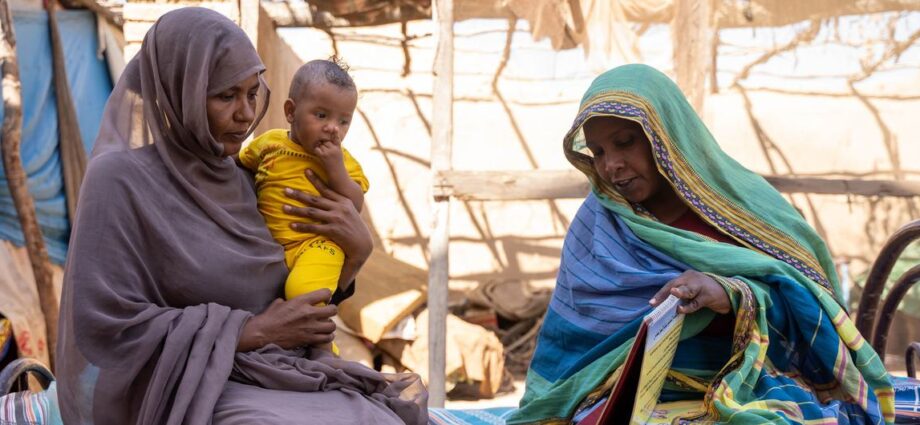Khartoum, July 18(Darfur 24)
The spokesman for the emergency room south of the Sudanese capital, Khartoum, revealed the spread of cases of anemia among children as a result of malnutrition, in the areas south of Khartoum, while the deaths of elderly people with chronic diseases have increased due to the acute lack of treatment.
In his interview with “Darfur 24,” Kindasha described the food situation as “very bad,” as the markets have recently witnessed huge jumps in the prices of food commodities, with some of them disappearing.
The city of Khartoum has been suffering from harsh living conditions since the first months of the war, before the situation worsened after the Rapid Support Forces took control of the state of Al-Jazira, which exports agricultural products, while the routes for delivering goods into Khartoum became unsafe and depended entirely on smuggling.
Goods reach the consumer in Khartoum at double prices as a result of the taxes paid by truck owners on the roads controlled by the Rapid Support Forces.
Kindasha pointed out the lack of “rice” for days in areas of Khartoum, after the population relied completely on this commodity recently as a result of the steady rise in wheat prices.
He added, “More than half of the population in whose areas the Chamber works depend mainly on rice, and that the lack of the commodity along with the rise in the price of wheat will lead to an unprecedented worsening of the situation.”
The price of a bag of flour for bakeries reached 60,000, while a bag of lentils rose to 75,000
And edible oil: 80,000, at a time when most states are witnessing dramatic increases in the prices of food commodities and a severe scarcity of fuel.

